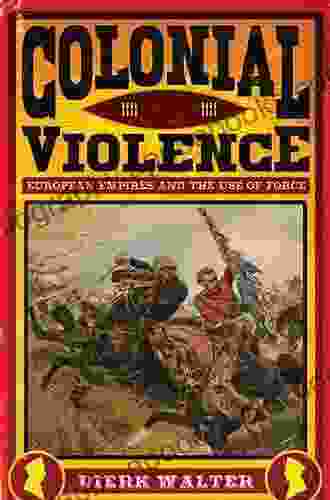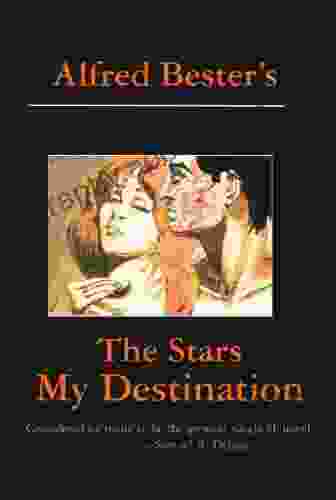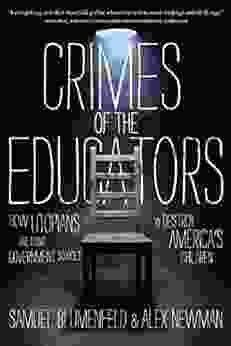European Empires and the Use of Force: A Comprehensive Guide to Colonial Warfare

4.2 out of 5
| Language | : | English |
| File size | : | 1710 KB |
| Text-to-Speech | : | Enabled |
| Enhanced typesetting | : | Enabled |
| Word Wise | : | Enabled |
| Print length | : | 441 pages |
| Lending | : | Enabled |
| Screen Reader | : | Supported |
The European empires that emerged between the 15th and 19th centuries played a pivotal role in shaping global history. Through their insatiable quest for resources, markets, and geopolitical dominance, they established far-reaching empires that left an enduring legacy on the societies they encountered.
One of the defining characteristics of European imperialism was its reliance on military force. European powers employed a wide range of strategies and tactics to conquer and control vast territories, often resorting to brutal and coercive measures to suppress resistance and maintain their rule.
The Methods of Colonial Warfare
The methods employed by European empires in colonial warfare varied depending on the specific context, the nature of the terrain, and the resistance encountered from indigenous populations. However, some common strategies included:
- Military superiority: European powers possessed significant advantages in terms of military technology, weaponry, and tactics. They deployed advanced firearms, artillery, and naval vessels, enabling them to overwhelm indigenous forces with overwhelming firepower.
- Divide and conquer: European powers often exploited divisions within indigenous societies, forming alliances with certain groups to weaken and subdue others. This strategy allowed them to gain control of vast territories without the need for extensive military campaigns.
- Economic coercion: European powers used economic measures, such as trade embargoes and resource extraction, to pressure indigenous populations into submission. By controlling access to vital resources and markets, they could undermine local economies and force compliance.
- Cultural domination: European empires sought to impose their own cultural norms, values, and systems of governance on colonized territories. This included the establishment of schools, churches, and legal frameworks aimed at transforming indigenous societies according to European ideals.
The Impact of Colonial Warfare
The use of force by European empires had profound and devastating consequences for indigenous populations. Colonial warfare resulted in widespread loss of life, displacement, and cultural destruction. Indigenous societies were decimated by disease, starvation, and warfare, while their traditional ways of life were disrupted and suppressed.
The long-term effects of colonial warfare extended beyond the immediate period of conquest. Indigenous populations were often subjected to systemic discrimination, exploitation, and forced labor. The scars of colonialism continue to linger in many post-colonial societies, shaping their political, economic, and social landscapes.
The history of European empires is inextricably linked to the use of force. Colonial warfare was a complex and brutal phenomenon that reshaped global history and had profound consequences for indigenous populations. By understanding the strategies and tactics employed by European powers, we gain a deeper appreciation of the complexities of imperial rule and its lasting impact on the world.
For further exploration of this topic, I highly recommend the following book:
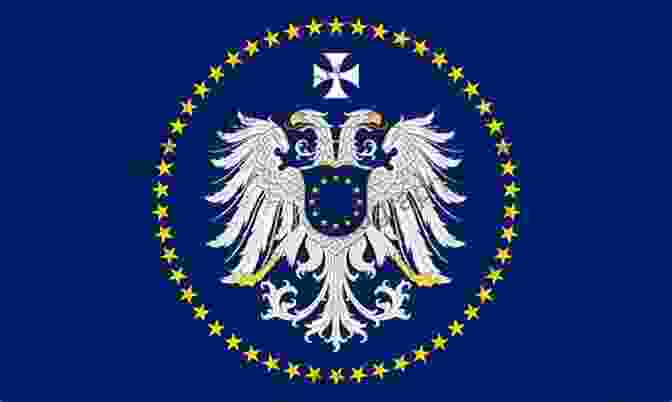
This comprehensive volume provides a detailed and nuanced examination of the use of force by European empires. Armitage analyzes the various strategies and tactics employed, the impact on indigenous populations, and the long-term consequences of colonial warfare. It is an essential read for anyone interested in understanding this pivotal chapter in global history.
4.2 out of 5
| Language | : | English |
| File size | : | 1710 KB |
| Text-to-Speech | : | Enabled |
| Enhanced typesetting | : | Enabled |
| Word Wise | : | Enabled |
| Print length | : | 441 pages |
| Lending | : | Enabled |
| Screen Reader | : | Supported |
Do you want to contribute by writing guest posts on this blog?
Please contact us and send us a resume of previous articles that you have written.
 Book
Book Novel
Novel Page
Page Chapter
Chapter Text
Text Story
Story Genre
Genre Reader
Reader Library
Library Paperback
Paperback E-book
E-book Magazine
Magazine Newspaper
Newspaper Paragraph
Paragraph Sentence
Sentence Bookmark
Bookmark Shelf
Shelf Glossary
Glossary Bibliography
Bibliography Foreword
Foreword Preface
Preface Synopsis
Synopsis Annotation
Annotation Footnote
Footnote Manuscript
Manuscript Scroll
Scroll Codex
Codex Tome
Tome Bestseller
Bestseller Classics
Classics Library card
Library card Narrative
Narrative Biography
Biography Autobiography
Autobiography Memoir
Memoir Reference
Reference Encyclopedia
Encyclopedia Alexandrea J Ravenelle
Alexandrea J Ravenelle Richard Fernandez
Richard Fernandez Joshua Becker
Joshua Becker Nicole R Taylor
Nicole R Taylor Timothy K Blauvelt
Timothy K Blauvelt R H Sheldon
R H Sheldon Natasha M Ezrow
Natasha M Ezrow Elane Peridot
Elane Peridot Alfred Russel Wallace
Alfred Russel Wallace Io Conquisto It
Io Conquisto It Michael E Whitman
Michael E Whitman Alice Beatty
Alice Beatty One Direction
One Direction Joel Epstein
Joel Epstein Alfred Noyes
Alfred Noyes Thomas Alan Holmes
Thomas Alan Holmes Glenn Brooke
Glenn Brooke James Howard Kunstler
James Howard Kunstler Marti Smiley Childs
Marti Smiley Childs Michael Streissguth
Michael Streissguth
Light bulbAdvertise smarter! Our strategic ad space ensures maximum exposure. Reserve your spot today!
 Derrick HughesFollow ·14.4k
Derrick HughesFollow ·14.4k Gordon CoxFollow ·6.2k
Gordon CoxFollow ·6.2k Marvin HayesFollow ·9.2k
Marvin HayesFollow ·9.2k Efrain PowellFollow ·12.8k
Efrain PowellFollow ·12.8k Howard BlairFollow ·4.9k
Howard BlairFollow ·4.9k W.B. YeatsFollow ·7.7k
W.B. YeatsFollow ·7.7k Edgar Allan PoeFollow ·7.4k
Edgar Allan PoeFollow ·7.4k George MartinFollow ·17.3k
George MartinFollow ·17.3k
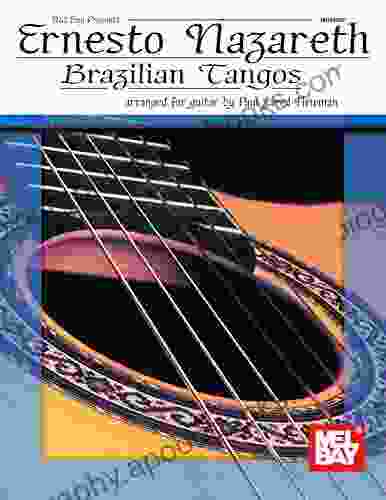
 Chuck Mitchell
Chuck MitchellUnveiling the Enchanting World of Ernesto Nazareth's...
A Musical Journey...

 Brent Foster
Brent FosterSusan Boyle: Dreams Can Come True
Susan Boyle's incredible journey from...
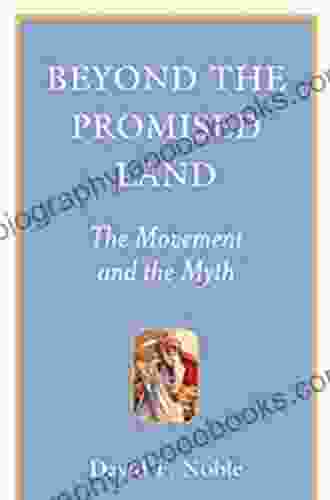
 Tom Clancy
Tom ClancyThe Movement and the Myth Provocations: Unveiling the...
In the realm of human...
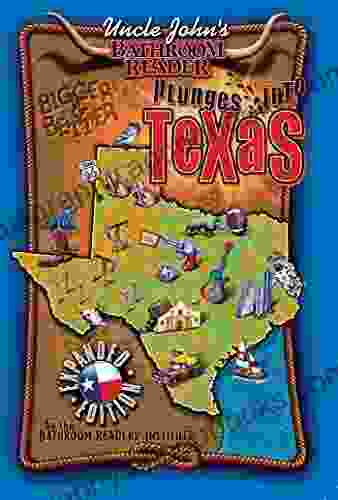
 Edward Reed
Edward ReedUncle John's Bathroom Reader Plunges Into Texas: Bigger...
Uncle John's Bathroom...

 Justin Bell
Justin BellNew Perspectives on Virtual and Augmented Reality: A...
Dive into the Cutting-Edge World of...
4.2 out of 5
| Language | : | English |
| File size | : | 1710 KB |
| Text-to-Speech | : | Enabled |
| Enhanced typesetting | : | Enabled |
| Word Wise | : | Enabled |
| Print length | : | 441 pages |
| Lending | : | Enabled |
| Screen Reader | : | Supported |


